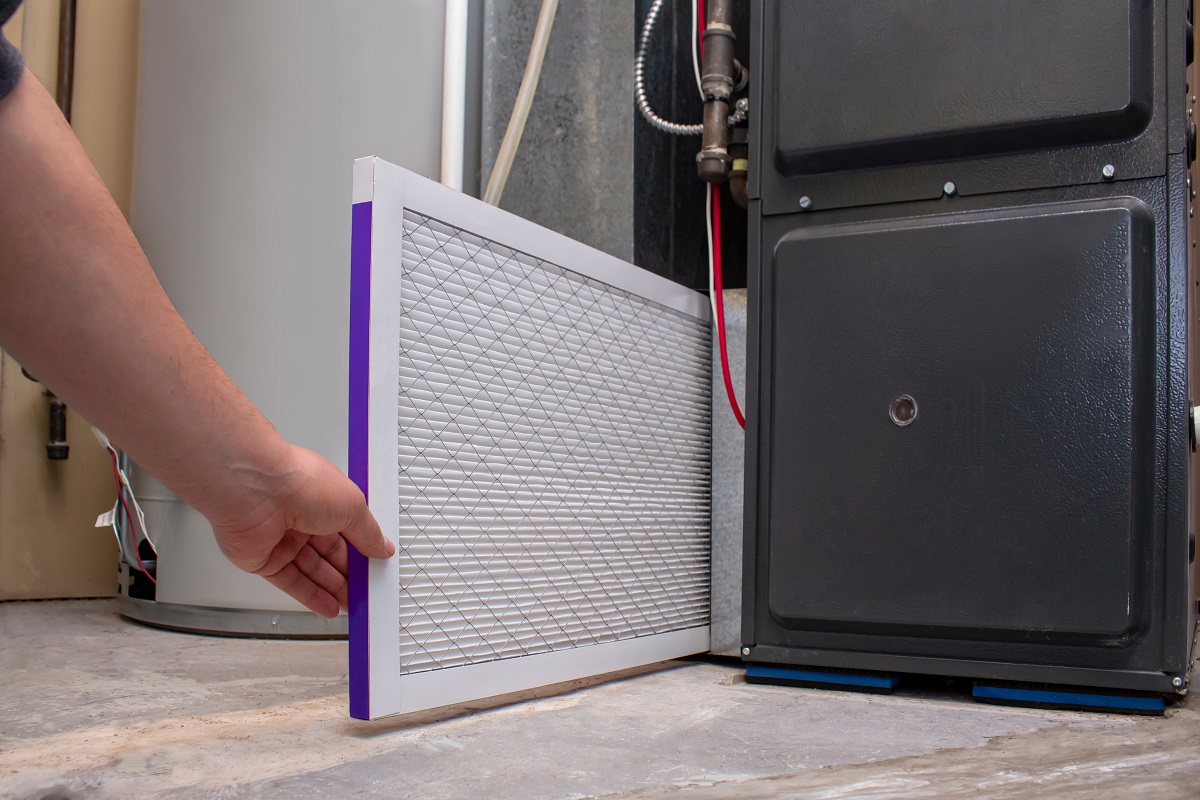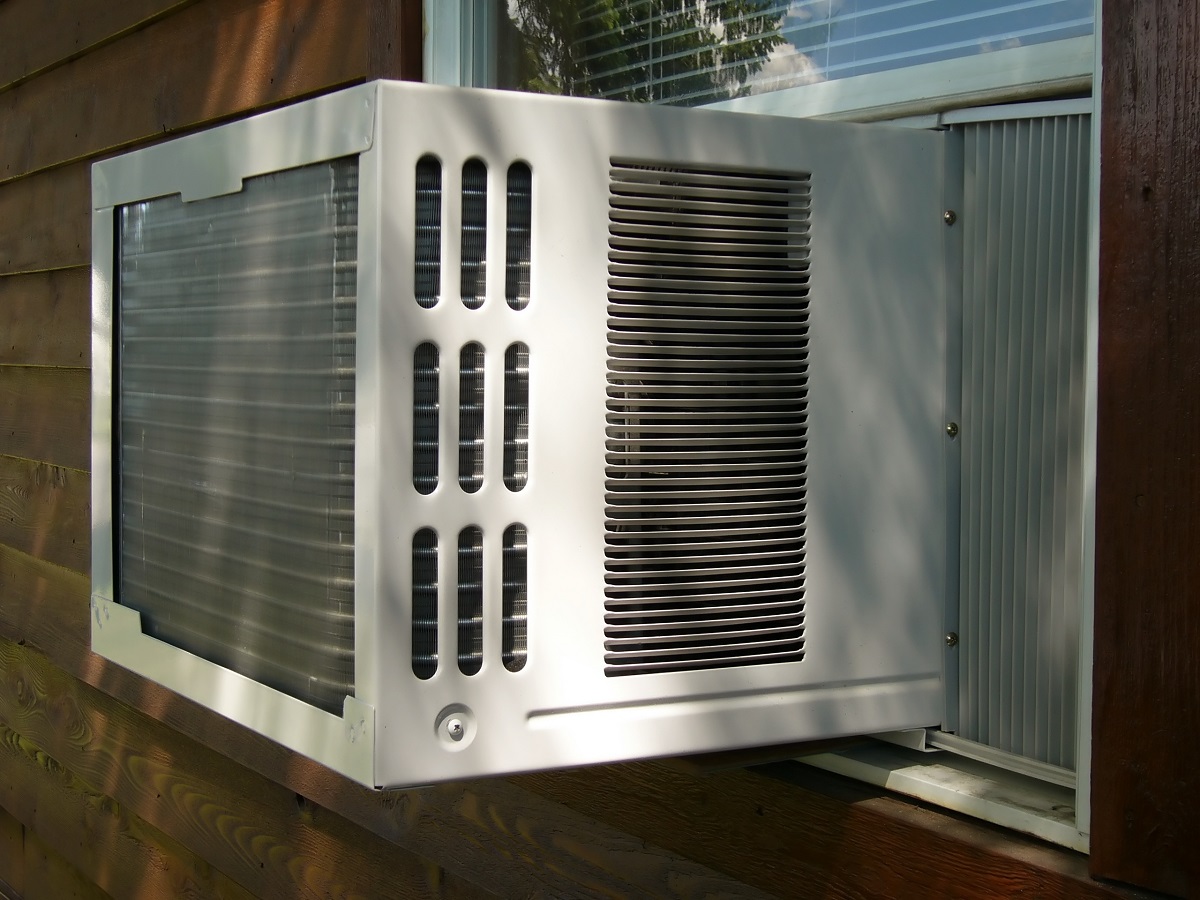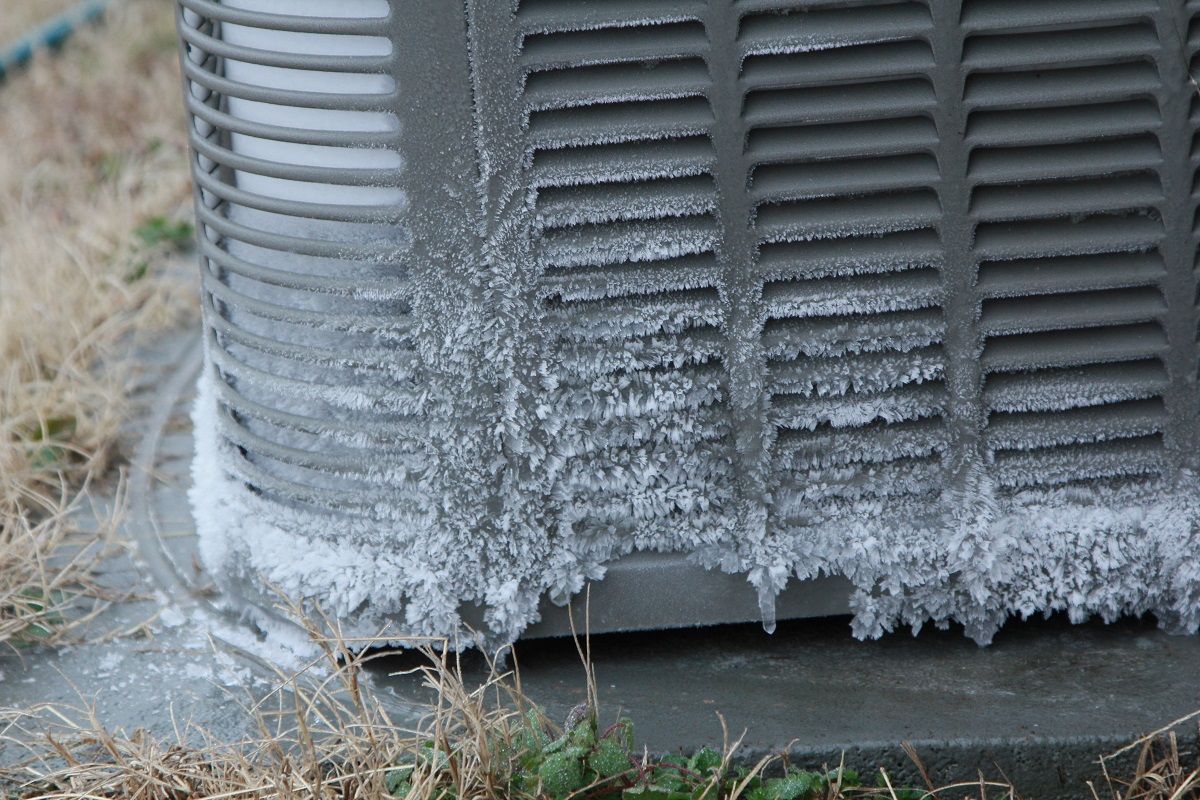As you know, New Jersey summers can get hot, hot, hot. Last year, the state saw 14 days of 90° weather in July, and 2023 was one of the hottest years on record. Is your air conditioner up to the task of keeping you cool this summer? Make sure by checking out our quick guide to HVAC preventative maintenance, so you can beat the heat this year.
Annual HVAC maintenance tips you need this summer
Overall, air conditioners are an easy appliance to maintain. Central air conditioners generally require:
- Regularly replacing or cleaning the air filters.
- Cleaning the evaporator
- Fixing bent coil fins.
- Scheduling an annual or biannual servicing.
Air filters need to be cleaned or replaced as per manufacturer’s instructions. This task may need to be done as frequently as once a month or as rarely as once per year. (Many air filters need to be changed or cleaned once every three months.)

Cleaning evaporator coils happens less frequently, generally once a year, though you can keep the coils clean longer by keeping the area around the unit (about two feet) clear of leaves, tall grass, branches, etc.
Coil fins are easily bent, and bent coils restrict the unit’s flow of air. A “fin comb” can be used to easily move the coils back to their original position.
Also, a licensed professional should perform HVAC system maintenance ideally twice a year – once before summer’s heat arrives and once before winter’s cold temperatures roll in. A licensed HVAC contractor will perform all the annual maintenance tasks that homeowners shouldn’t tackle, such as:
- Inspecting all the unit’s moving parts.
- Checking refrigerant level and ensuring there aren’t leaks.
- Cleaning fans and coils.
- Clearing clogs in the condensate drain.
- Repairing or replacing the wiring, electrical connections, motors, and belts if necessary.
- Ensuring accuracy of the thermostat.
- Checking for seal duct leakage.
Room air conditioning units require less maintenance. Clean the air filter(s) as per manufacturer instructions. These air filters generally need to be cleaned more frequently, such as once a month or once every few weeks. Also, make sure to plug the unit directly into a GFCI outlet. Never use an extension cord.

Small room air conditioners (drawing less than 7.5 amps of electricity) can be plugged into a usual 120-volt outlet, though it should be the only appliance or item plugged into that outlet. Larger air conditioners will require a 240-volt outlet, which requires professional installation.
If you’re not staying cool…
Check out these quick troubleshooting tips to get the chill back in your air in no time.
Check your doors and windows
Different air-conditioners have different environmental requirements. If you have a central HVAC unit, make sure to have interior doors open, so air flows well from one room to the next. If you have a wall unit, then you should close interior doors to keep the immediate area cool. In both cases, close all the home’s windows and exterior doors, so the cool air doesn’t escape.
This will also help the energy efficiency of your HVAC system or wall unit, saving you energy and money.
Reset the circuit breaker
If your unit won’t turn on, check your circuit breakers. Your HVAC unit should have its own circuit that may have been tripped or your wall unit may have tripped its outlet’s corresponding breaker. In both cases, give the unit five minutes to cool down before resetting the breaker.
A central air conditioner also has a high-pressure limit switch, which can trip. If this happens, the switch can be reset by pressing a button located in the compressor’s access panel. (Always check the manufacturer's instructions and when in doubt, call a professional.)
Check the refrigerant

If your unit is blowing warm air or you’re noticing it takes longer to cool your home, then you may have a refrigerant leak. First, listen for a faint hissing or gurgling in your indoor or wall unit. Second, see if your condenser coils are covered in frost. These are two surefire ways to tell if you have a leak. You may also see a spike in your energy bills as the unit has to work harder to keep your home cool.
Unfortunately, leaking freon, a frequent refrigerant, can also cause headaches, nausea, sore throat, difficulty breathing, vomiting, and more. If you suspect your unit is leaking refrigerant, call a professional to investigate. If you’re not feeling well, seek medical attention.
Get more home tips in the FMI HomeAssist app!
Your home is your most valuable asset. Now there’s an app for it. FMI HomeAssist, powered by vipHomeLink is a free app and service, exclusively for FMI policyholders. It allows you to organize, maintain and improve your home all from one easy-to-use, intuitive app.
From personalized maintenance reminders to keeping all your documents and info in one secure location, HomeAssist is your go-to resource for protecting your home and preventing costly claims. It’s one more way FMI goes the extra mile to help keep you and your loved ones safe.
Claim your personalized FMI HomeAssist app now and help protect your home!
FMI content is powered by vipHomeLink